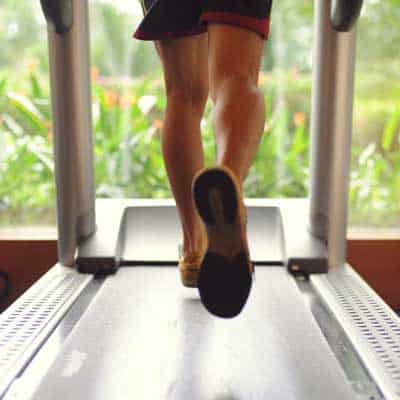June is men’s health awareness month.
The goal of men’s health awareness month is to raise awareness of preventable health problems, as well as encourage early detection and treatment of disease among men (and boys).
Men die five years younger than women, on average, and at higher rates from nine out of the top ten causes of death. Men are less likely to be insured than women.
These facts impact their ability to be at their best as fathers, partners, and community members.
There are some simple things men can do to stay healthy. These simple changes or consistencies can have long-lasting benefits. These tips include:
EXERCISE

Exercise reduces weight, but it also reduces blood sugar, cholesterol, blood pressure, and can help alleviate stress.
Sometimes it can be difficult to fit exercise into a daily regimen, so if you find yourself short on time, consider practical ways to get in some exercise.
Choose the stairs instead of the elevator, or park further away from your destination, so you get in a few extra steps.
The American Heart Association recommends 150 minutes of aerobic activity per week, as a minimum.
This averages out to about 30 minutes a day, most days of the week.
Some of the exercises that elevate heart rate include
- running
- swimming
- dancing
- cycling
- brisk walking
Remember that even ten minutes at a time here or there can add up throughout the course of a day or week.
Along with cardio exercise, weight training is an important part of an exercise regimen in order to maintain or grow muscle mass.
This helps build strength but is also good for a healthy metabolism and healthy bones.
Weight and strength training twice a week (or more) is recommended.
Take time to focus on the major muscle groups– arms, back, chest, and legs.
DON’T DRINK YOUR CALORIES

Sodas, many coffee drinks, juices, etc. are all significantly high in calories, and contain quite a bit of sugar.
Opt for water instead.
Sixty-four ounces of water is the daily recommendation, but the adequate intake (AI) for men is 15.5 cups (3.67 liters) of fluid each day, which is 3.7 liters.
PRACTICE PORTION CONTROL

At home, choose smaller plates or bowls, which naturally encourage smaller portions.
If you’re out to eat, consider splitting the meal (either with a friend, or asking for a to-go box to be delivered with your food.
You can split the portion at the beginning of the meal, and save the other half for lunch the next day).
EAT SLOWLY

It takes 20-30 minutes for your stomach to signal to your brain that you are truly full.
Eating quickly often leads to overeating because that feeling of satiation hasn’t “hit” yet.
STRESS LESS

Stress can mimic many diseases/conditions.
Managing your stress levels can sometimes remove many of the symptoms you may be experiencing.
Too much stress can take a negative toll on health and increase the risk of depression and anxiety, heart disease, and weight gain.
Some ways to help manage stress include:
- going for a walk
- exercising
- listening to music
- deep breathing
- getting back into a hobby or activity you love (or finding a new one!)
These things can help you relax a bit when life feels intense.
Don’t hesitate to contact your physician if you have questions about your health or set up an appointment with a dietician if you are ready to make some changes/take control of your health in that way!










